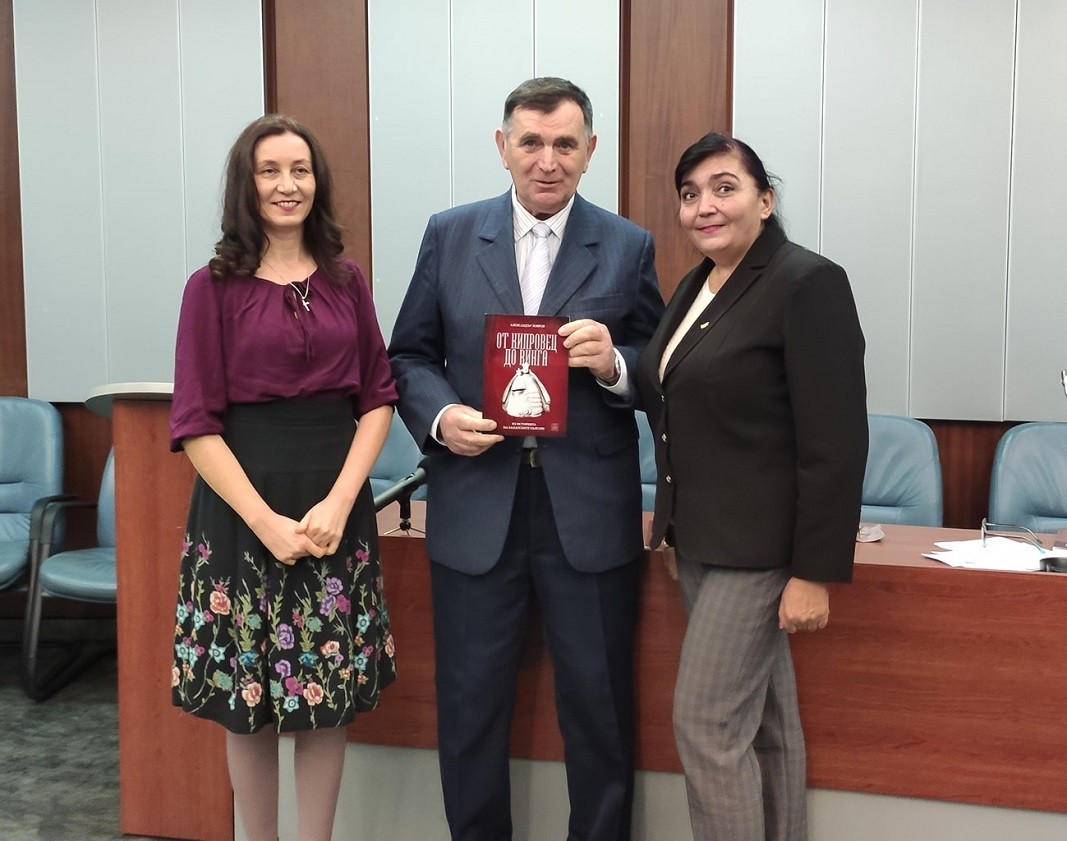Bessarabian Bulgarians, our compatriots in the Western Outlands and in North Macedonia, as well as the old Bulgarian communities in the countries of Europe and around the world, have their own histories, which we more or less know and follow in the information flow. But there is one community of our fellow countrymen that somehow seem to be left out of the public’s attention – the Banat Bulgarians whose history has been riddled with obstacles and a constant struggle to keep their identity, their lifestyle, culture and traditions. The year of the Chiprovtsi uprising - 1688 - was a crucial time for them. People of all walks of life took part in the preparations for the uprising – Bulgarian boyars, senior clerics, merchants, owners of mines in Wallachia etc. After the uprising was crushed they were subjected to violent persecution. Now, more than 300 years after the dark events of 1688, Banat Bulgarians still practice their faith, and live in towns and villages scattered across Bulgaria, Serbia and Romania. The town of Chiprovtsi has kept the memory of the period of its flourishment, prior to 1688, due most of all to the Banat Bulgarians. It was there that Petar Bogdan Bakshev wrote his “History of Bulgaria” in 1667, a century before the History by Paisius of Hilendar. We learn more about Petar Bogdan from Alexander Lovrov, a descendent of Banat Bulgarians, who provides little-known facts from the past of Banat Bulgarians in his book “From Kiprovets to Vinga”:
“The Banat diaspora is the oldest to have remained Bulgarian,” the author says in an interview with Radio Bulgaria. “To them, Bulgaria is, as they say “sweet mother Bulgaria”, a legend, an idol. The Bulgarian they speak is the Eastern Rhodope dialect, though it has been lost over time and now sounds like the dialect from the region of Nikopol and Svishtov.”

Lovrov was born in 1945v in the village of Assenovo, Nikopol municipality where, alongside Bulgarians, there are three other ethnic groups as well – the Danube Swabians from Banat, Hungarians and Albanians. There are things these ethnic groups share – Catholicism, as well as the fact that the men fought under the Bulgarian colours during the wars of the 20th century. Alexander Lovrov believes that over time, there have been around 3,700 Banat Bulgarians living in this country, and that together with their descendants there are 7,000-8,000 Banat Bulgarians currently living in the three countries.
Alexander Lovrov is very pedantic about his studies, and everything he has written has been checked and double checked, the book’s editor Svetlana Karadzhova says:
“When he decided to put all of his works into one book, the idea was that he was doing it for his grandchildren. Within the Banat Bulgarian community, we are all connected one way or another, so this book is for all of us, and for those who will come after us. Anyone reading it will understand what it means to us to be Banat Bulgarians. The battle to keep memory alive is perhaps our most serious battle,” Svetlana Karadzhova says, and adds that the book provides an insight into the memory of each and every descendent of the Banat Bulgarians.
Photos: aba.government.bg
Today, the Bulgarian Orthodox Church commemorates St. Naum of Ohrid. Naum was a medieval Bulgarian scholar and writer. He was born around 830 and died on December 23, 910. He was of noble origin but he left everything and followed the Slavic..
With the blessing of His Eminence Metropolitan Arsenii of Sliven, a copy of the miraculous Athonite icon of the Most Holy Theotokos "She Who is Quick to Hear" was welcomed at the Saint George the Victorious Monastery in Pomorie. The Bulgarian..
In the secular chronicles of post-liberation Bulgaria, Metropolitan Kliment of Tarnovo is known as Vasil Drumev – a notable writer and public figure, he led an exceptionally spiritual, Christian life. For linguists, he is among the brightest zealots of..
Today, the Bulgarian Orthodox Church commemorates St. Naum of Ohrid. Naum was a medieval Bulgarian scholar and writer. He was born around 830 and..

+359 2 9336 661
